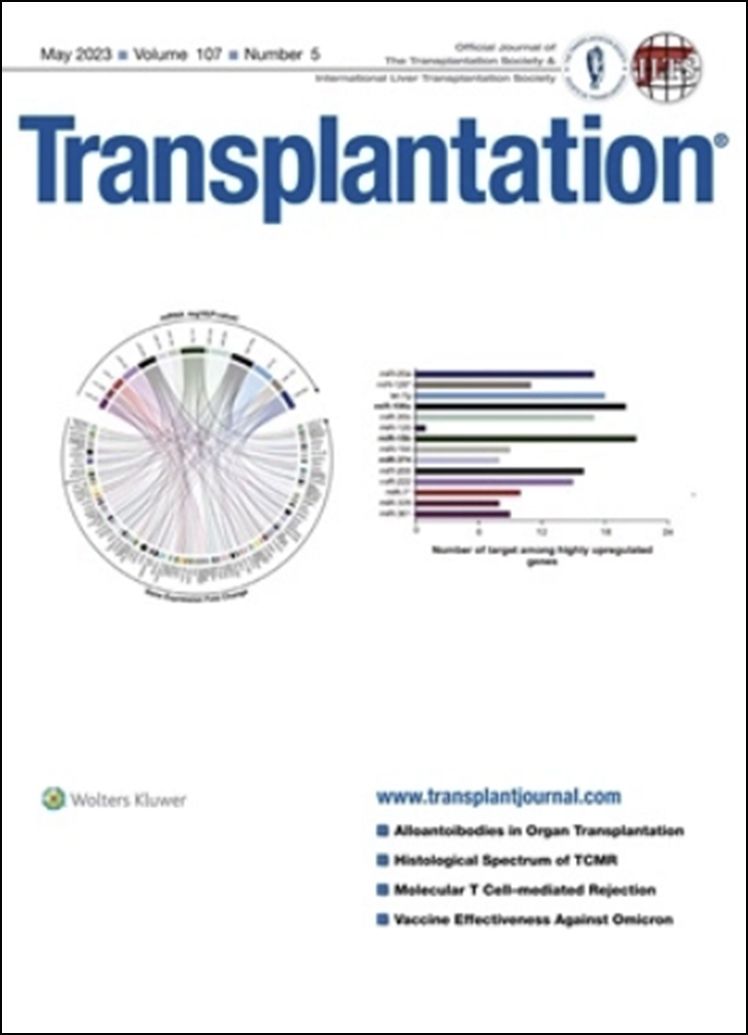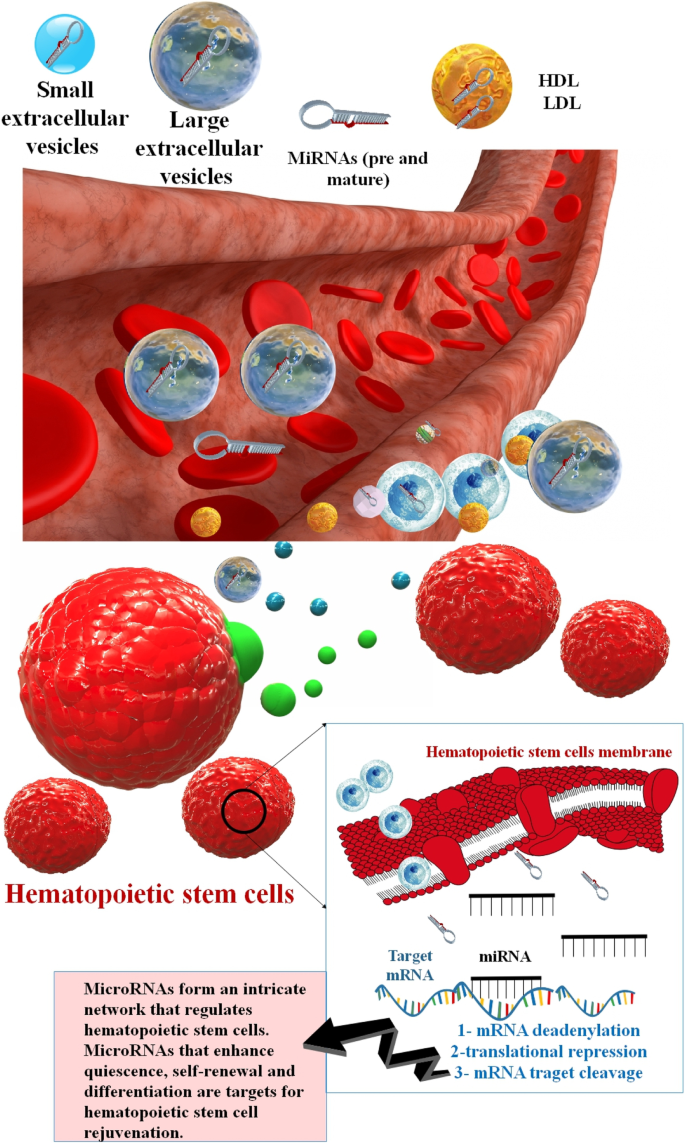The quest for extended human lifespan is nothing new. From Ponce de Leon’s mythical search for the Fountain of Youth to today’s billionaires investing heavily in biotechnology, the pursuit of longevity has been a constant throughout human history. But what if the key to unlocking a 150-year lifespan lies within us? Autologous organ transplantation, a revolutionary approach using one’s own stem cells to regenerate organs, could make this possible.

The Science of Life Extension
The science of life extension, also known as longevity, is a burgeoning field. It focuses on understanding and manipulating biological processes to extend the human lifespan. This field incorporates various disciplines including genetics, Medicină regenerativă, și biotehnologie.
The Role of Stem Cells in Longevity
At the heart of life extension is the untapped potential of stem cells. These cells, present in our bodies, possess the unique ability to differentiate into any cell type, making them the building blocks of life. For years, scientists have been harnessing the power of stem cells to treat various diseases, ranging from cancers to genetic disorders.
But stem cells have much more to offer. They hold the potential to regenerate damaged or aged organs, a process that could dramatically increase our lifespan.

Autologous Organ Transplantation: Un schimbător de jocuri
Autologous organ transplantation is a cutting-edge technique where new organs are grown from a patient’s own stem cells. These organs are then transplanted back into the patient, eliminating the risk of organ rejection—an inherent issue in traditional organ transplantation.
This breakthrough in regenerative medicine has the potential to revolutionize the field of organ transplantation, and more importantly, contribute significantly to life extension.

Autologous Organ Transplantation and 150-Year Lifespan: The Connection
Through autologous organ transplantation, it’s theoretically possible to replace failing organs with entirely new ones, thereby extending the human lifespan. It’s like replacing old parts in a machine with new ones, allowing it to run longer.
The ability to regenerate organs also means that we could potentially eliminate some of the leading causes of death, like heart disease and kidney failure, pushing the boundaries of the human lifespan beyond the current average of 72 years to as much as 150 ani.
/prod01/channel_2/media/mccms/content-assets/academics/explore-health-care-careers/1024X512_Med-Lab-Science-career-page-photo-1223176_3408554__0043.jpg)
The Role of Biotechnology Clinics
Biotechnology clinics play a critical role in the practical application of autologous organ transplantation. These clinics are at the forefront of organ regeneration technology, delivering personalized medical solutions to patients.
These clinics offer a range of services, from genetic testing and counseling to stem cell therapies and organ regeneration. They are staffed by teams of experts in the field of biotechnology, working towards a common goal: extending the human lifespan.
Case Study: Autologous Organ Transplantation in Action
Consider the example of a patient suffering from end-stage heart failure—a condition wherein the heart is unable to pump enough blood to meet the body’s needs. In such cases, a heart transplant is often the only option. But what if a suitable donor isn’t available?
This is where autologous organ transplantation comes into play. The patient’s stem cells can be harvested, cultured, and used to grow a new heart in a laboratory. This new heart can then be transplanted back into the patient, effectively curing the heart failure.
This revolutionary technique not only saves the patient’s life but also extends it. By replacing the failing organ with a healthy one, the patient’s lifespan is significantly increased.
The Future of Longevity: What’s Next?
While the prospect of a 150-year lifespan is exciting, it’s important to remember that autologous organ transplantation is still in its infancy. There’s much to learn and many hurdles to overcome. Cu toate acestea, the potential this technology holds is undeniable.
As we continue to make strides in this field, we inch closer to a future where a 150-year lifespan isn’t just possible, but the norm.
Concluzie
The science of life extension is a fascinating, rapidly evolving field. With advancements in stem cell research and biotechnology, we’re closer than ever to unlocking the secret to extended human lifespan. Autologous organ transplantation, with its potential to regenerate organs and eliminate disease, could be the key to achieving a 150-year lifespan.
For wealthy individuals, longevity enthusiasts, and biotech investors, the opportunities are immense. By investing in biotechnology clinics and advancing autologous organ transplantation, we could not only extend our own lives but also contribute to a future where living beyond a century is the norm rather than the exception.
Secure Your Personal Longevity Program Today
Are you ready to explore the possibilities of life extension and secure your personal longevity program? With autologous organ transplantation, the potential for a healthier, longer life is within your reach. Don’t wait. Discover how to invest in this exciting field today and take the first step towards achieving your own 150-year lifespan.
